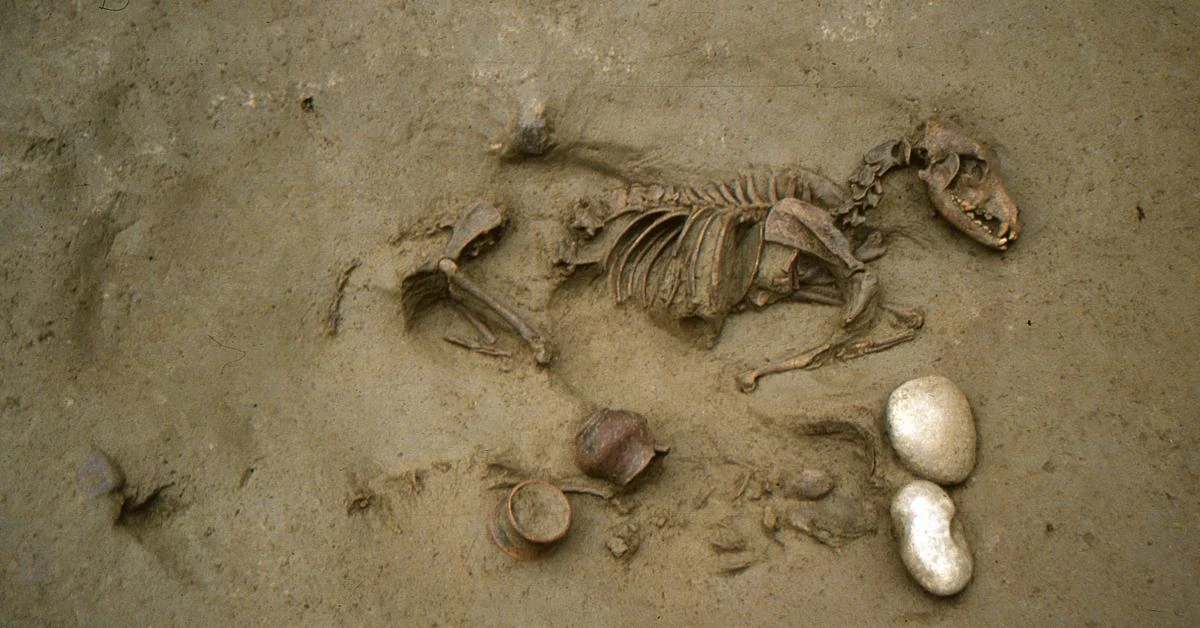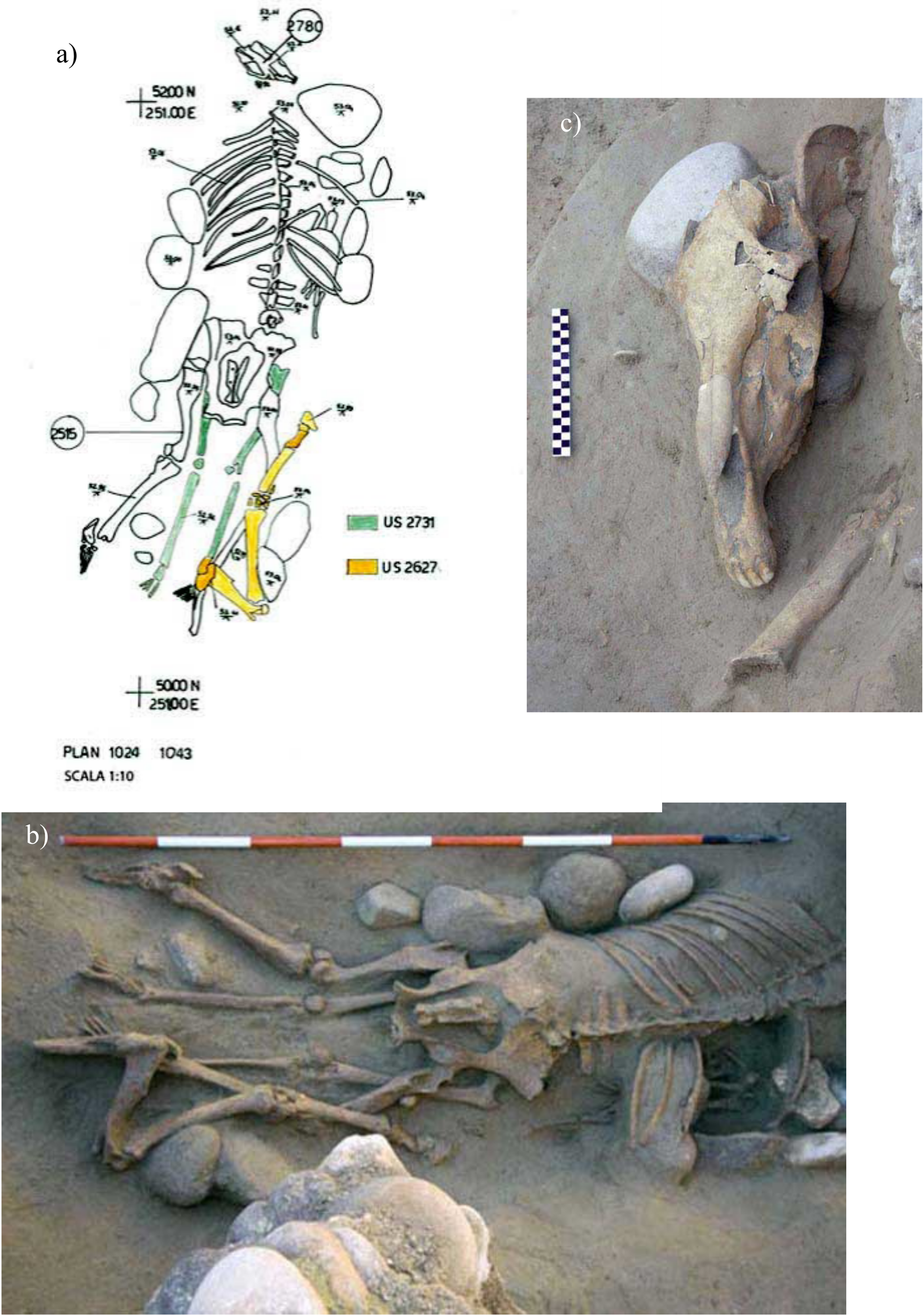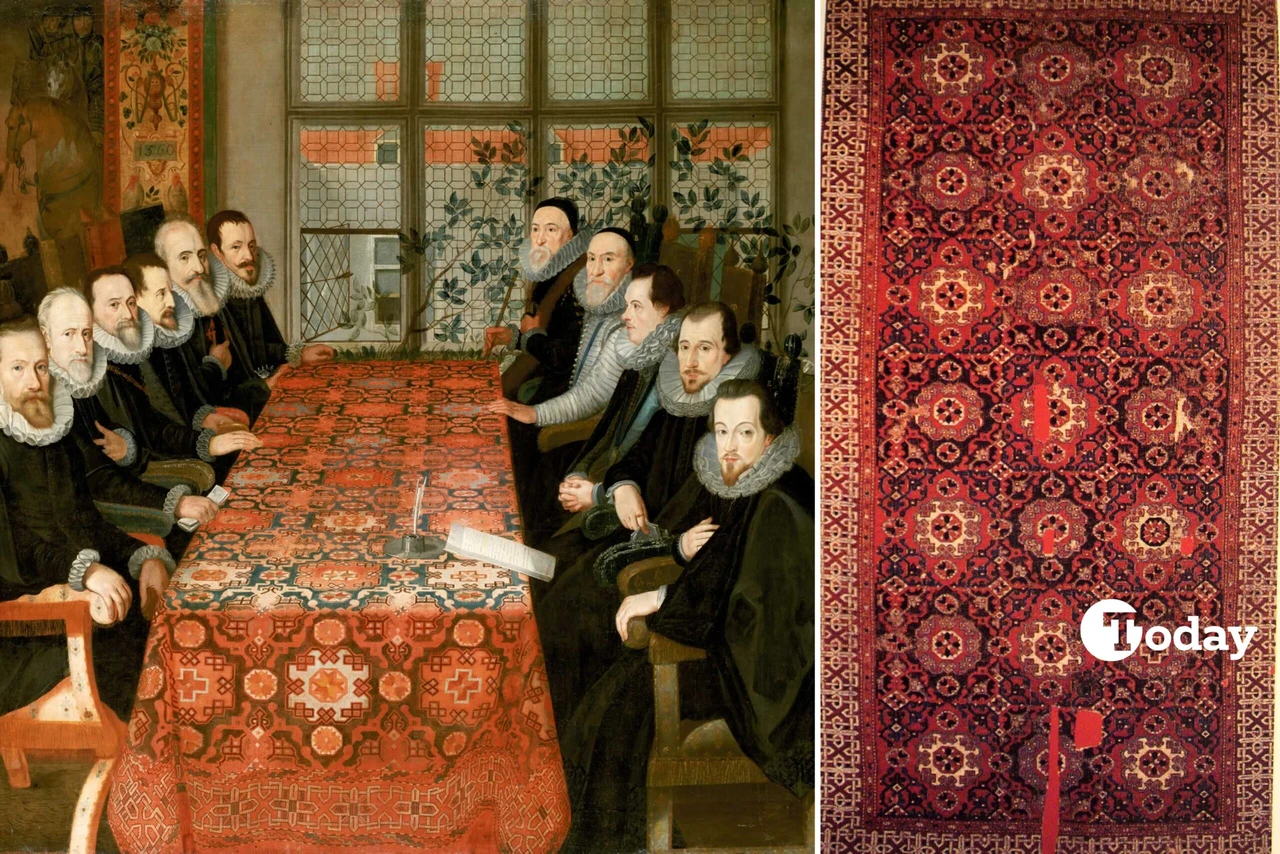Co-burial in 2,000-year-old cemetery reveals roots of friendship with pets

Archaeologists discover that people who lived between the 1st-3rd centuries B.C. in Italy had strong bonds with their animal companions
Excavations at the archaeological site of Seminario Vescovile in Verona, Italy, found animal skeletons in 16 of the 161 human graves uncovered, and analysis revealed that there were also pigs, chickens and cows that may have been part of livestock. Still, the rest were the remains of domestic dogs and horses.
People in the region rarely ate dogs and horses then, suggesting they may have been pets or essential animals in a person’s life and were buried alongside their owners, according to the paper published in the journal PLOS ONE.
In these excavations tracing back thousands of years were one of the skeletons of a baby buried with a complete dog skeleton, while others included a young man with parts of a horse, a middle-aged man with a small dog, and a middle-aged woman buried with an entire horse skeleton, a dog skull and parts of other horses.
Source: Newsroom




